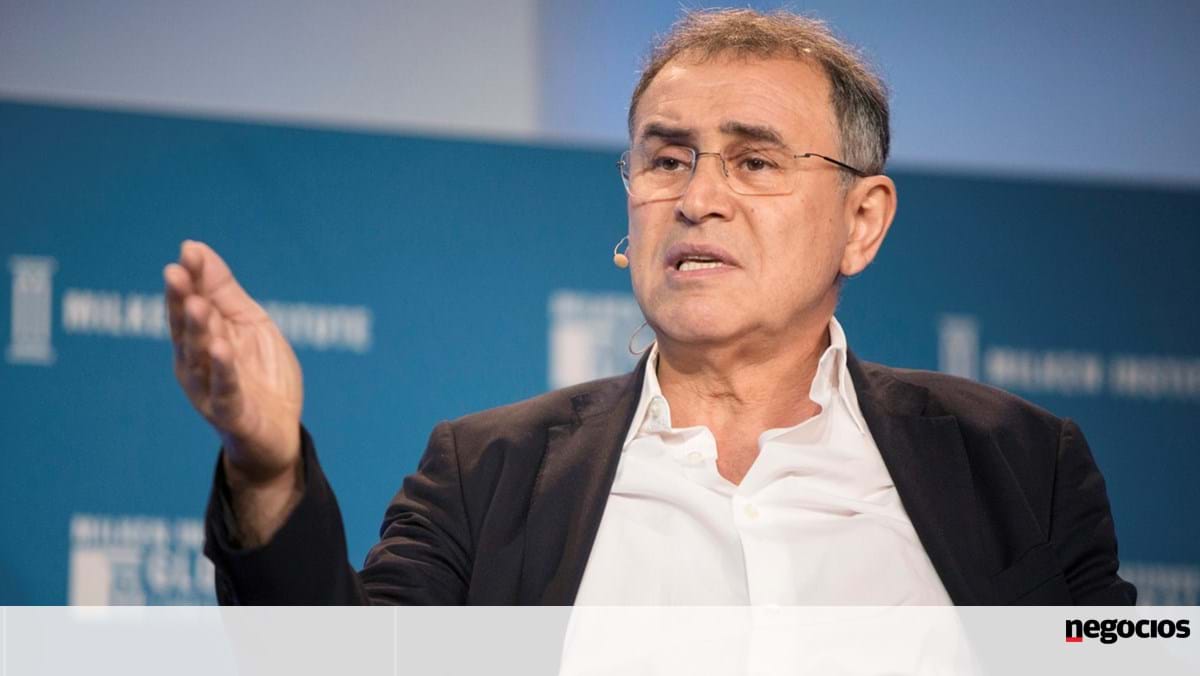If the conflict escalates and crude oil prices rise, the economist predicts an inflationary shock and a “big dilemma for central banks.”
Economist Nouriel Roubini, known as “Doctor Doom” – the Prophet of Doom, or “Doctor Doom”. “Apocalypse” – Having predicted the real estate crash of 2007 and the subsequent financial crisis in 2008, he argues that markets are anticipating widespread conflict in the Middle East and that oil prices, if they rise, will lead to an “inflationary shock accompanied by stagnation.” [aumento da inflação, a par com uma recessão] It will pose a “major dilemma for central banks.”
Speaking to Bloomberg on the sidelines of the annual meetings of the International Monetary Fund and the World Bank being held this week, the economics professor at New York University’s Stern School of Business said that financial markets are already discounting the risk of “broad conflict throughout the Middle East.”
Roubini said investors believe Israel “has no choice but to enter Gaza and eliminate Hamas.” The markets are incorporating a basic scenario, where “Israel will occupy Gaza.” “It will be ugly, but the conflict will be contained.”
However, the economist warns of a “more pessimistic scenario,” in which Iran and Lebanon become involved, which could lead to a conflict between Israel and Iran. “If this happened, oil supplies from the Persian Gulf would of course be disrupted – in which case, there would be a surge in crude oil prices and the economic impact could be enormous.” “It’s not the base case, but it’s a risk.”
CEO of Roubini Macro Associates noted that if oil prices rise, we will face an “inflationary shock accompanied by stagnation” and a “big dilemma for central banks.”
Let us remember that last year, central banks began a cycle of raising interest rates to contain inflation, which was exacerbated by the Russian war in Ukraine, and it is expected that central banks will soon put an end to this tightening of monetary policy. But an increase in crude oil prices. Oil prices could change this scenario.

“Wannabe internet buff. Future teen idol. Hardcore zombie guru. Gamer. Avid creator. Entrepreneur. Bacon ninja.”

